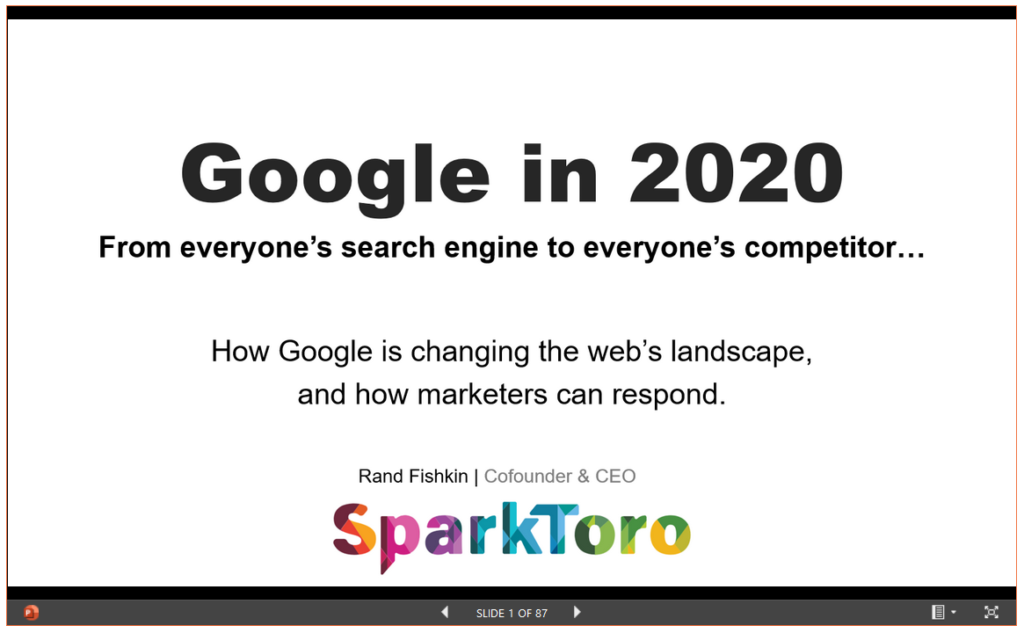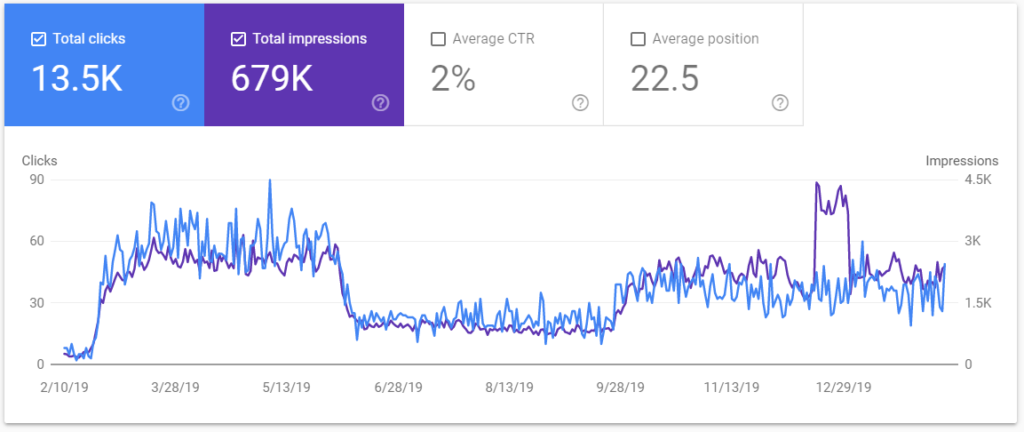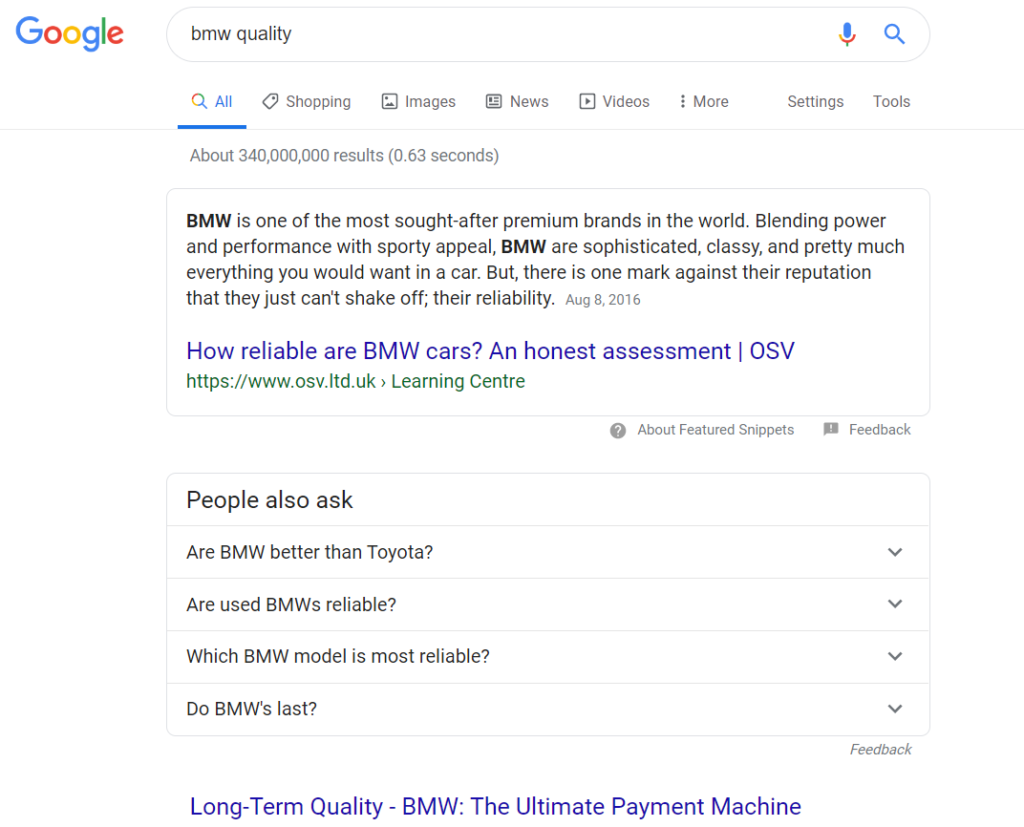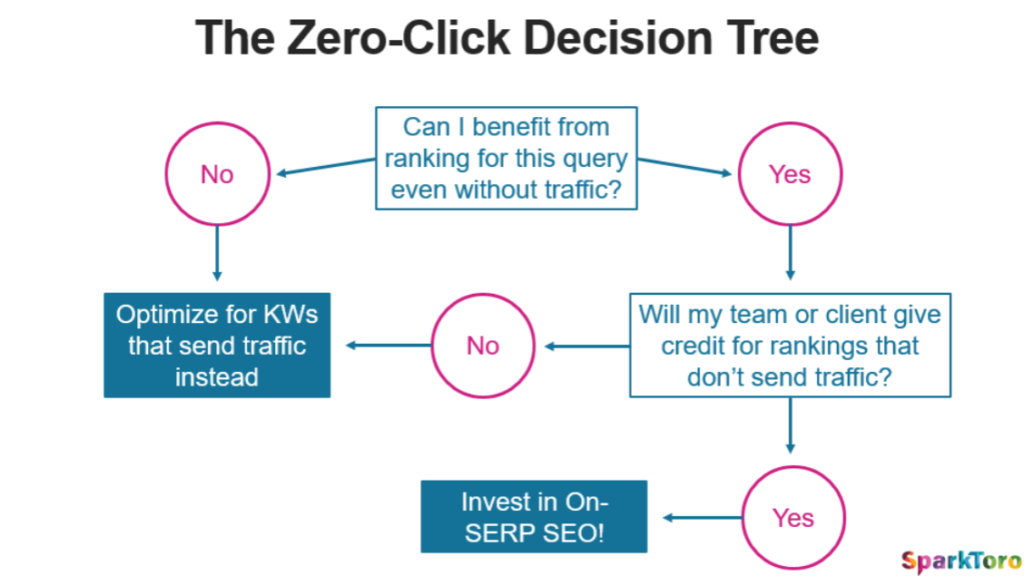
For many years Google was seen as a proponent of unfettered sharing of online information, sometimes referred to as the concept of the “open Internet.” Google also instituted the AdSense program, through which online publishers were rewarded if their content sent traffic to Google search engine.
Now it’s Google the walled garden, using its dominant position in search to steer Internet searches to its own properties and/or answer the queries without any referral traffic. This is according to the respected SEO expert Rand Fishkin, founder of the SEO company Moz and more recently best selling author of Lost and Founder (excellent book, recommended).
Rand is now Co-Founder and CEO of SparkToro, a market research and audience intelligence firm. He provides a lot of stats to back up his claim in an 87 page slide deck posted to his company’s site. The stats explain why ranking high on Google’s first page, long a goal of any online business, no longer guarantees a large volume of traffic.
To over-simplify just a bit, the reason is all the options Google is stuffing into it’s search engine response pages (SERPs). You’ve probably seen these recently, and if you’re not an online advertiser may not have given them much thought. There are “related searches,” videos, “people also ask” drop downs and “featured snippets,” which all can appear well before any independent web link is shown. Google wants to answer the question itself, rather than send traffic back to the broader Internet community. Sometimes it does this by scraping content without source attribution, as Rand documents.
I’ve seen this dramatic traffic drop first-hand. For years the traffic from Google to this site had been consistent. Then last June, the volume suddenly dropped by more than 50 percent, from over 60 per day on average to under 30:
 That graphic is from Google Search Console. It showed that I still had a number of search phrases rated highly, on the first page of Google SERPs. So the huge drop didn’t seem to make sense. This is my personal site not professional, and I’ve never tried to monetize my traffic. Plus my content marketing consulting business keeps me busy. So at the time I chalked the drop up to Google punishing me for only publishing 1-2 times per month, or that there had been some other tweak to the inscrutable Google search algorithm.
That graphic is from Google Search Console. It showed that I still had a number of search phrases rated highly, on the first page of Google SERPs. So the huge drop didn’t seem to make sense. This is my personal site not professional, and I’ve never tried to monetize my traffic. Plus my content marketing consulting business keeps me busy. So at the time I chalked the drop up to Google punishing me for only publishing 1-2 times per month, or that there had been some other tweak to the inscrutable Google search algorithm.
Now I know better. I checked what the SERP looks like today for the search “BMW quality,” for which this site was (incredibly) #1 on Google back in 2011. The online world has totally changed since then, but look at how crowded the SERP is. Most of the first page is taken up with Google content before any external links are provided:
 The dominant incumbent in search (94 percent of search volume, 66 percent of search referral traffic) has changed the rules of the game. So how should web-based businesses respond? In slides 59-68, Rand makes some recommendations to get value from “zero-click” searches:
The dominant incumbent in search (94 percent of search volume, 66 percent of search referral traffic) has changed the rules of the game. So how should web-based businesses respond? In slides 59-68, Rand makes some recommendations to get value from “zero-click” searches:
- Invest in activities that promote branded searches
- Content marketing – work hard to be included in those Google sections through tailored and structured data
- Paid AdWord campaigns designed to build brand not clicks (yes this is paying Google for making things more challenging)
On slide 73 there is a useful decision tree to help companies and agencies decide if these tactics make sense:
I’ve always known how content marketing can help get important search terms ranked highly on Google SERPS. Now it can also help meet search marketing objectives in the age of Google the walled garden.
This presentation is required reading for any organization that relies on search referral traffic. Make sure whoever is responsible for your SEO strategy has a plan for the new Google reality.
